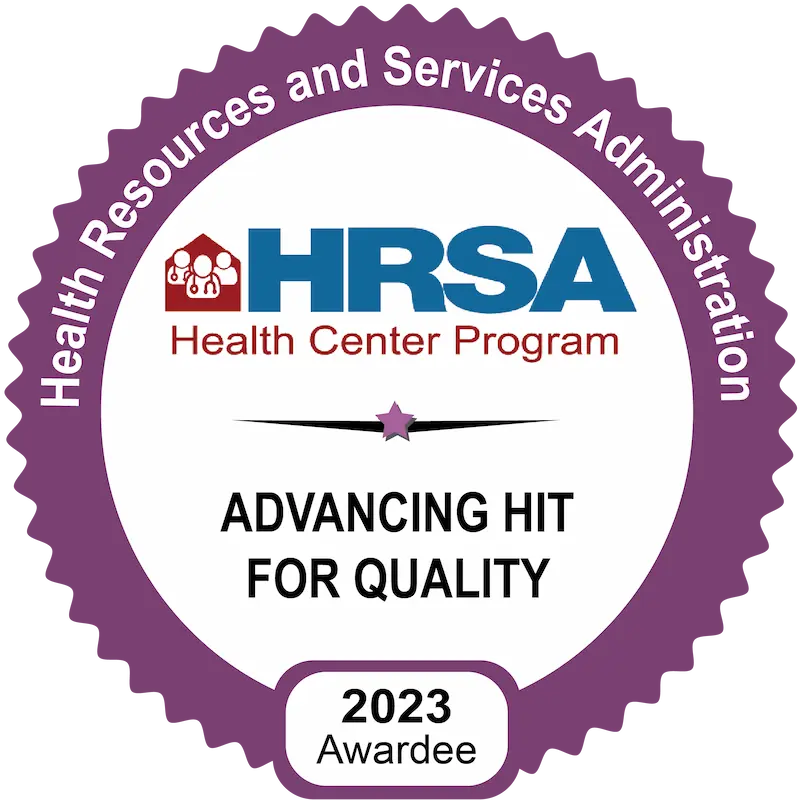In our journey through health care, primary care providers are often our guides, providing personalized care and continuity, critical resources, and long-term support. These providers, often referred to as PCPs, are typically our first point of contact — and first line of defense — when we have a medical concern or need an annual check-up.
There are several different types of health care providers, and it’s important to know which role each provider plays. PCPs are our go-to providers. PCPs can be medical doctors (MDs), Doctors of Osteopathic Medicine (DOs), nurse practitioners, or physician assistants. Specialists, or specialty care providers, practice in a specific area of medicine, such as pediatrics, obstetrics and gynecology (OB/GYN), ear, nose, and throat (ENT), audiology, behavioral health, recovery, and more.
Is it necessary to have a PCP?
Yes — for a number of reasons. In contrast to specialists, PCPs often treat a broad variety of health conditions and provide preventative care through routine exams, check-ups, and screenings. If necessary, PCPs can make referrals and coordinate with specialists and other providers who are best-suited to address a patient’s specific concerns.
These providers work closely with a patient, often long-term, providing continuity of care. PCPs work to build trust and develop connections with their patients, making patients’ experience less stressful and more comfortable. When you are established with a PCP, you know what to expect, because you know your provider.
This continuous care can also be cost-effective. Through regular visits, PCPs are able to monitor patients’ health and keep an eye on areas of concern, provide early detection, and help manage chronic health conditions. These preventative care measures can often prevent patients from incurring more expensive health care costs later on.
Choosing a PCP is personal, but consider it an investment that will benefit you and your health long-term.
Here are some of the things you should consider when selecting a PCP:
- Experience and qualifications: What are this provider’s specialties? Do they specialize in the care that I need?
- Accessibility and convenience. Is this provider close to my residence? Are they flexible with scheduling?
- Personal connection. Can I relate to this provider?
- Insurance coverage. Is this provider in my network? If not, what are my options?
- Referrals. Do they have connections to specialists or facilities I plan to visit?
- Virtual Appointments. Does this provider offer telemedicine options?
Need a provider? Today’s a great day to start your search!
At Valley Health, we have nearly four dozen PCPs who provide primary and preventative care across eight counties in the Tri-State area. Simply browse our provider list here to find a provider you’d like to connect with and give their health center call. We look forward to seeing you soon!



